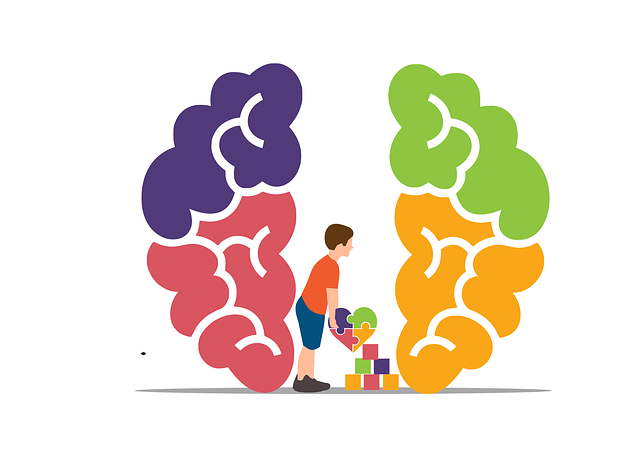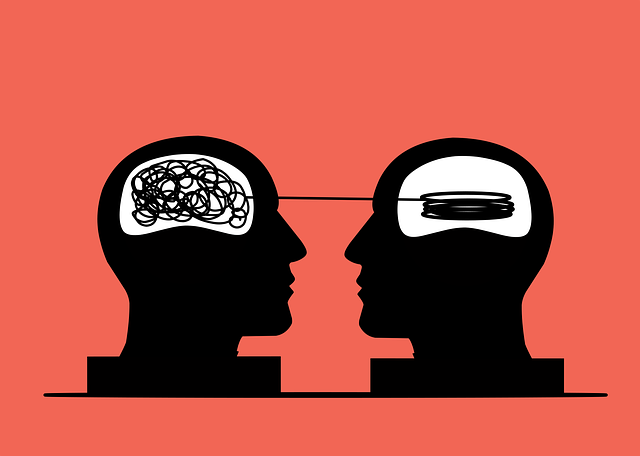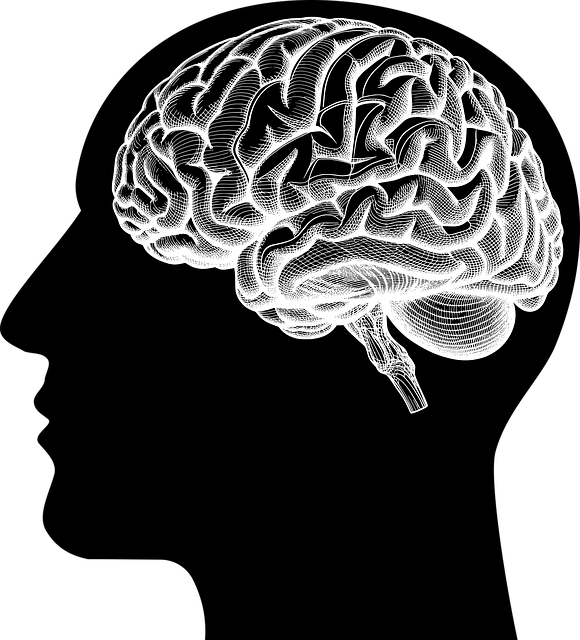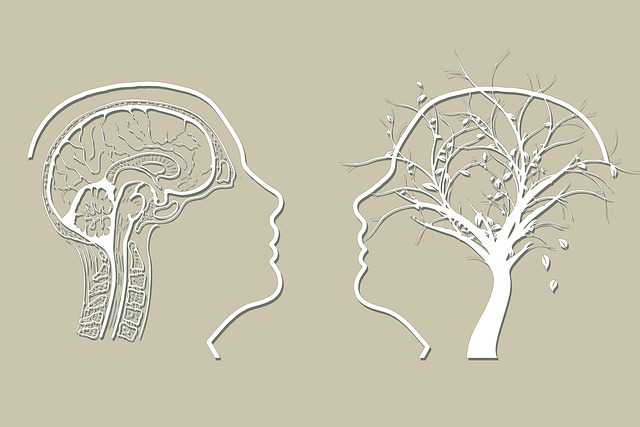Chronic stress poses significant risks to both mental and physical health, increasing vulnerability to conditions like heart disease, diabetes, and depression. Englewood Biofeedback Therapy offers a unique approach by teaching individuals to regulate physiological responses for relaxation using real-time sensor feedback on bodily functions. This cutting-edge therapy combines advanced technology with holistic practices to promote mental clarity and overall well-being. Community outreach programs focused on mental wellness raise awareness about biofeedback therapy, empowering individuals to manage stress effectively. Mental health professionals can enhance risk management through preventative measures and tailored support strategies based on risk assessments. Practical strategies like mindfulness exercises and time management techniques complement Englewood Biofeedback Therapy for comprehensive stress control.
Stress reduction is a vital aspect of maintaining overall well-being. In this article, we explore effective methods to mitigate stress and its profound impact on our lives. From understanding the root causes to adopting practical strategies, there’s a multitude of approaches available. One innovative technique gaining traction is Englewood Biofeedback Therapy, offering a natural and non-invasive way to achieve tranquility. Discover how these techniques can transform your daily routine and foster a sense of calm amidst life’s challenges.
- Understanding Stress and Its Impact
- Exploring Englewood Biofeedback Therapy
- Practical Strategies for Daily Stress Reduction
Understanding Stress and Its Impact

Stress is a natural response to various life situations, but when it becomes chronic, it can significantly impact our overall well-being. It affects both our mental and physical health, leading to increased risks for numerous conditions such as heart disease, diabetes, and depression. Understanding what triggers stress and its profound effects on the body is crucial in developing effective coping mechanisms. Englewood Biofeedback Therapy offers a unique approach to managing stress by teaching individuals how to regulate their physiological responses, thus promoting relaxation and mental clarity.
The impact of prolonged stress can be far-reaching, affecting every aspect of our lives from work performance and relationships to sleep quality and overall sense of happiness. This is where community outreach programs focused on mental wellness play a vital role. By raising awareness about stress management techniques like biofeedback therapy, these initiatives empower individuals to take control of their mental health. Moreover, assessing risks specific to mental health professionals is essential, considering the high-pressure nature of their work. Such assessments can help implement preventative measures and support strategies tailored to their unique challenges, ultimately enhancing their resilience to stress.
Exploring Englewood Biofeedback Therapy

Englewood Biofeedback Therapy offers a unique and innovative approach to stress reduction, combining advanced technology with holistic methods. This therapy goes beyond traditional coping strategies by teaching individuals to gain a deeper understanding of their bodies’ physical responses to stress. Through specific exercises and real-time feedback, clients learn to recognize and modulate their physiological reactions, promoting relaxation and improving overall well-being.
The process involves the use of sensors that monitor various bodily functions, providing individuals with tangible data about their stress levels. This empirical approach fosters empathy-building strategies, as clients can visually see the impact of their stress management techniques. Moreover, it aids in developing coping skills by offering practical tools to manage not just symptoms but also the underlying causes of stress. For mental health professionals, integrating Englewood Biofeedback Therapy into practice can enhance risk management planning, ensuring a more comprehensive and effective support system for clients dealing with stress-related issues.
Practical Strategies for Daily Stress Reduction

In today’s fast-paced world, stress has become an ever-present companion for many. However, practical strategies exist to reduce its grip on our daily lives. One effective method gaining traction is Englewood Biofeedback Therapy. This therapeutic approach empowers individuals to gain control over their physiological responses to stress by teaching them to regulate heart rate, muscle tension, and brain waves. By employing biofeedback techniques, people can learn to recognize and modify their body’s reactions, fostering a sense of calm even amidst challenging situations.
Additionally, communication strategies play a vital role in stress management. Open dialogue with colleagues, family, or friends about stressors can alleviate the burden. Organizations like Stress Management Workshops offer valuable resources and training for individuals seeking to enhance their coping mechanisms. These workshops equip participants with practical tools, from mindfulness exercises to time management techniques, enabling them to navigate life’s twists and turns with resilience. Moreover, risk assessments for mental health professionals are essential to ensure they prioritize self-care, thereby enhancing their ability to assist others in managing stress effectively.
Stress reduction is a multifaceted approach, and by understanding its impact and exploring various methods like Englewood Biofeedback Therapy, individuals can find effective ways to manage their well-being. Daily practical strategies play a crucial role in navigating life’s challenges. Incorporating these techniques into one’s routine can lead to significant improvements in overall stress levels, fostering a healthier and more balanced lifestyle.














